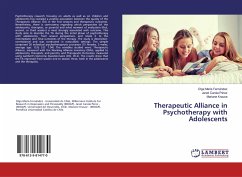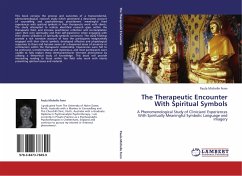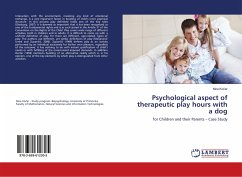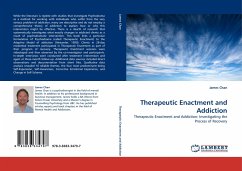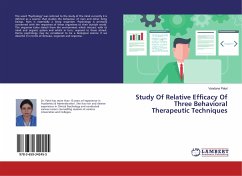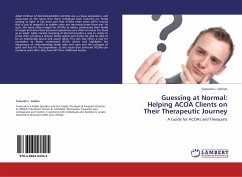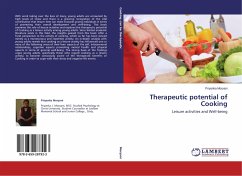Psychotherapy research focusing on adults as well as on children and adolescents has revealed a positive association between the quality of the Therapeutic Alliance (TA) in the first sessions and therapeutic outcomes. Nevertheless, there is controversy regarding which perspective (of the adolescents, therapists, or parents) and what moment of evaluation (first, second, or third session) is most strongly associated with outcome. This study aims to describe the TA during the initial phase of psychotherapy with adolescents, from several perspectives, and relate it to the intermediate and final outcomes of the therapy. The study is descriptive-correlational and was conducted in naturalistic settings. The sample comprised 20 individual psychotherapeutic processes (15 females, 5 males; average age: 15.8; S.D. 1.04). The variables studied were: Therapeutic Alliance, measured with the Working Alliance Inventory (WAI), applied to adolescents, therapists, and parents, and Therapeutic Outcomes, measured using Lambert's Outcome Questionnaire (OQ- 45.2). The results show that the TA improved from session one to session three, both in the adolescents and the therapists.
Bitte wählen Sie Ihr Anliegen aus.
Rechnungen
Retourenschein anfordern
Bestellstatus
Storno

